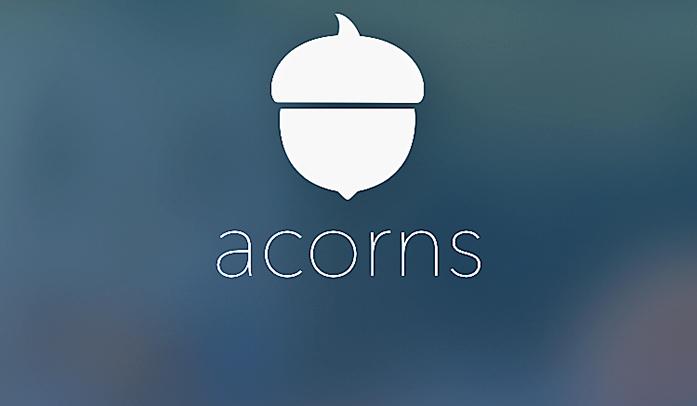By Zhao Li
[email protected]
Millennials have saved $25 million, thanks to an app.
Acorns is an app that automatically invests a persons’ spare change after every purchase.
For example, if something costs $4.25, Acorns will deduct $5 from a person’s account and invest the remaining $0.75 into an investment portfolio.
“There are five portfolios to choose from, ranging from conservative to aggressive,” Taylor Dance, Acorns’ business developer, wrote in an email. “Acorns helps suggest a portfolio when you sign up and we’ve done the hard work for you.”
Acorns also allows people to invest any amount of money at any time, Dance said.
Hayley Driscoll, a senior majoring in marketing and management said she would like to try the application.
“I’ve never used any investment applications before, but I think it is something I would do,” she said. “Especially since I don’t know much about investment, and this app makes it a lot easier.”
Driscoll also said she thinks it’s a good idea to utilize a users spare change.
“A lot of people with spare change, especially with cash, just don’t use it for anything. You can think about how much money you can save up with that,” Driscoll said. “A lot of college students I know have never thought of investing, and this app absolutely helps people to be more proactive.
UI junior Weixiao Liu said this was her first time hearing about the application.
Liu, who is majoring in finance, said she believed the payback would be low due to the small amount of money invested.
“I think this is an interesting idea and I would not mind to try it. But I don’t think I would use it for a long time,” Liu said. “If I just invest the spare money after every purchase, the payback should be relatively low and the turnover period should take very long.”
Thomas Berry-Stoelzle, a UI associate professor of finance, said the app could bring potential problems to people who wish to make short-term investment because of the long-term nature of the application.
“Acorns allows individuals to invest tiny amounts of money in diversified portfolios with a substantial fraction of stock holdings,” Berry-Stoelzle wrote in an email. “The big downside of course is that such an easy access to diversified stock investments may induce individuals to invest more in the stock market without asking the basic question whether investing a larger fraction of their money in stocks is the right choice for them.”
Berry-Stoelzle said the app wouldn’t make sense for everyone.
“Stock investments are high-risk investments and do not make sense for individuals who might need all their money within the next few years,” he said.”Putting the money into a simple savings account or money market fund would make more sense for individuals with a relatively short investment horizon.”



